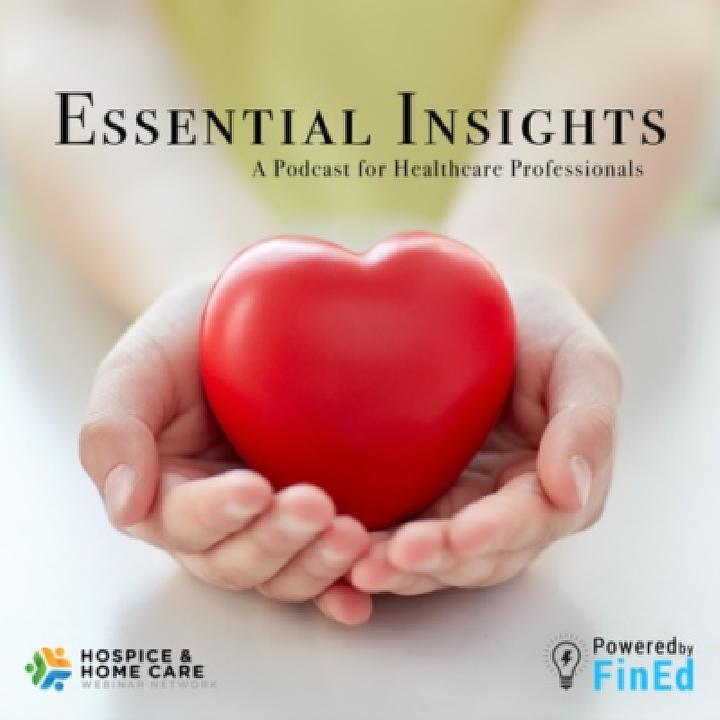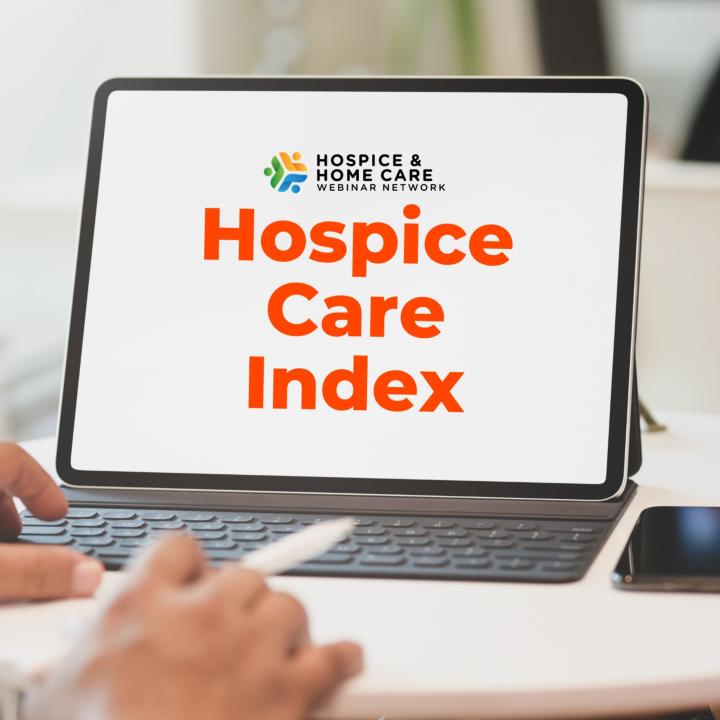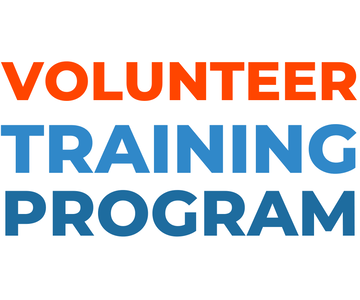
Characteristics of a Problematic Hospice & POC Deficiencies
Characteristics of a Problematic Hospice & POC Deficiencies
4 Characteristics of Problematic Hospices
1. Large hospices and/or for-profit agencies tend to see an increase in burdensome transitions. As we move forward with the care continuum and provider networks, is your agency a positive or negative?
2. A high percentage of live discharges from day 61–179 could indicate that financial decisions are impacting the quality of care. Are your live discharges at or above the aggregated cap? Is there a trend? Or a trend to discharge at a rate change?
3. Where do you fall in your PEPPER reports, below the 80th percentile? Are your management and supervisory staff aware of your results, monitoring your patients, and ongoing eligibility? What is your process? How do you benchmark?
4. A high percentage of revocations, no longer terminally ill, could indicate the patient may not have met Medicare benefit eligibility. What is your process for determining eligibility? Is it time to review your process?
Common Deficiencies Related to POC Implementation
Common deficiencies related to the plan of care (POC) implementation are another area your agency should pay attention to. The Centers for Medicare & Medicaid Services (CMS) analyzed 2019 hospice survey deficiency data at the Condition of Participation (CoP) for Interdisciplinary group, care planning, and coordination of services (42 CFR 418.56). They found:
- OCs were not individualized
- Hospice staff missed direct-care visits
- Documentation of visits did not meet requirements, i.e., wound care
- POCs were incomplete (for example, not inclusive of all needed services)
- IDG meetings were inconsistent, with POCs not being updated
These are a few of the problematic areas that consultants, state associations, and surveyors commonly identify as continued challenges within the hospice industry. To learn more, check out Hospice 201: A Deep Dive into CMS & Payment Model Updates for CY2022, Compliance, Regulations & Targeted Probes.
Read These Articles Next
May 18, 2022
Tess Bower
July 10, 2024
June 8, 2022
© 2026 FINANCIAL EDUCATION & DEVELOPMENT, INC





